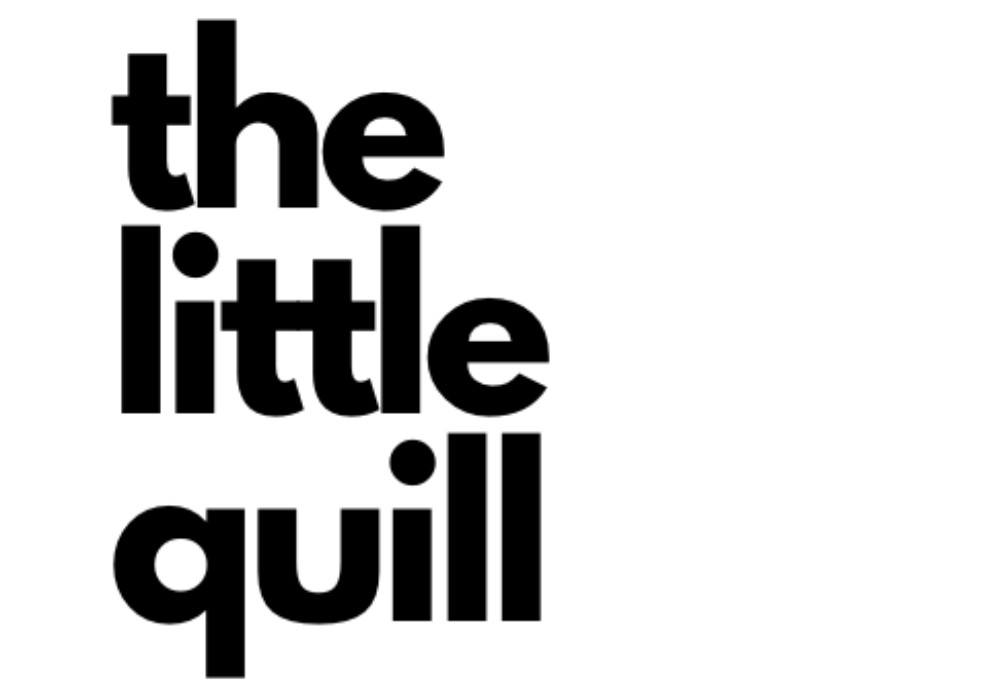I have always struggled with creating poetry and I have connected it to my inability to recognize and accept my own feelings and emotions; it is something that I usually either run away from or bury in my own brain. I believe that poets are probably one of the most dramatic people in the world, their ability to express a simple concept in a beautiful and elaborate yet structured literary form and it is because they are in tune with their emotions. A poem is not a poem without a poet’s feelings spilling from their
pens to the pages. I think one great example of this is one of Mahmoud Darwish’s poems:
“they asked, “do you love her to death?”
i said, “speak of her over my grave and
watch how she brings me back to life.”
This poem talks about how even in death, the mere thought of hearing their lover’s name is enough to give them life. It speaks of one’s devotion and declaration of love, one of the most powerful emotions one can feel. Another one of my favorite piece of poetry that speaks of the same devotion is written by Lyra Wren, titled “You cannot love her”:
“You cannot love her,” They whisper.
“For it is a sin.”
I only smile at their words knowing that
they have not knelt at her altar
nor tasted the divinity staining her lips.
They have not heard her giggles
murmured between every kiss.
“So be it then,” I say.
“I will walk into hell gladly
knowing I’ve held heaven in my hands.”
Even then, a poet does not have to write a poem about their lover to be able to make their work. They can write about something that they experience in their daily lives, be it something mundane or not. Mary Oliver, for example, wrote a simple and poignant
poem about her dog:
He puts his cheek against mine
and makes small, expressive sounds.
And when I’m awake, or awake enough
he turns upside down, his four paws
in the air
and his eyes dark and fervent.
“Tell me you love me,” he says.
“Tell me again.”
Could there be a sweeter arrangement? Over and over
he gets to ask.
I get to tell.
“Little Dog’s Rhapsody in the Night”
This might be a simple and poignant poem but it still clearly expresses Mary Oliver’s love for her pet, a companion for life.

